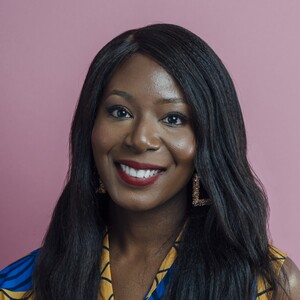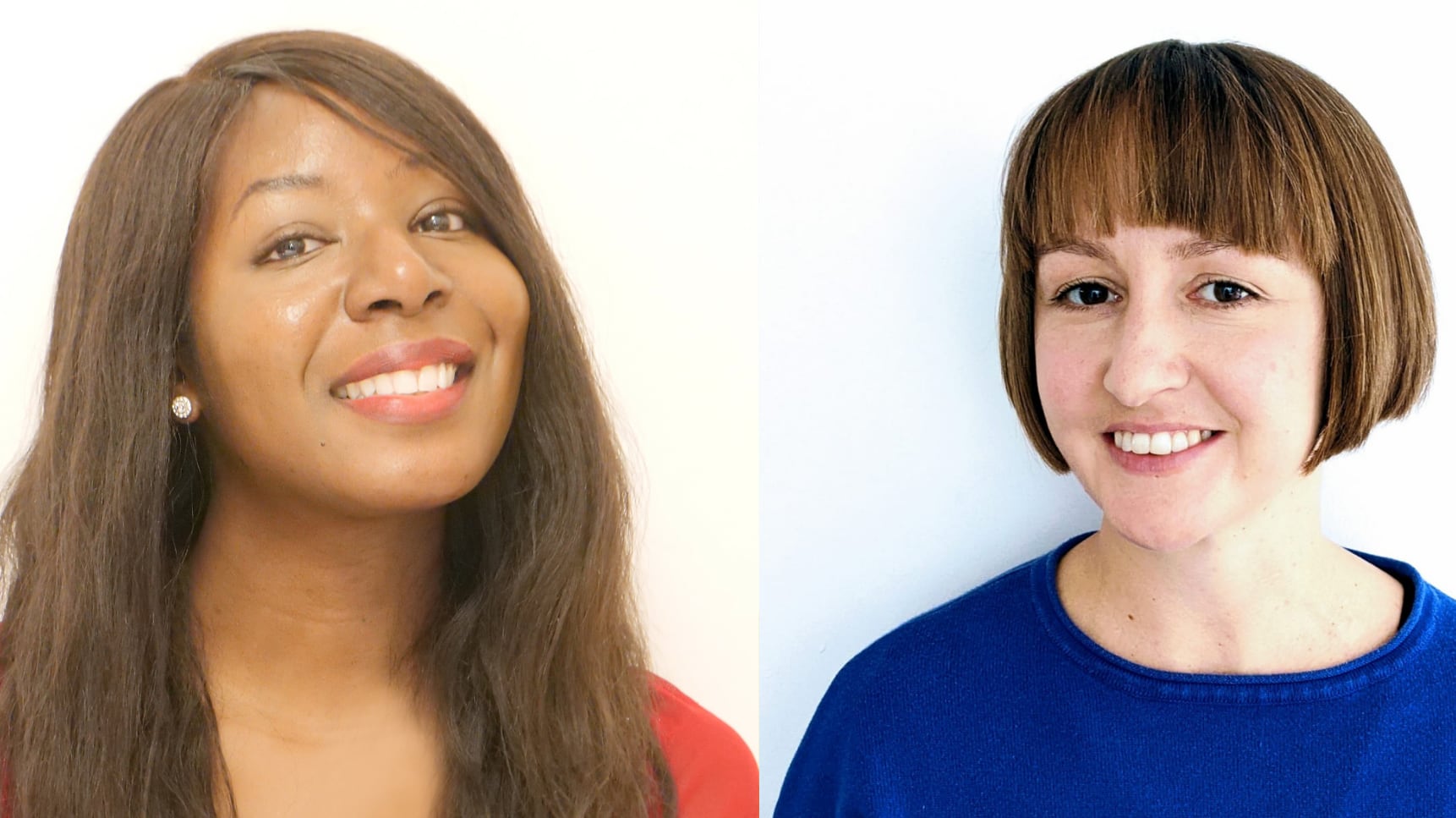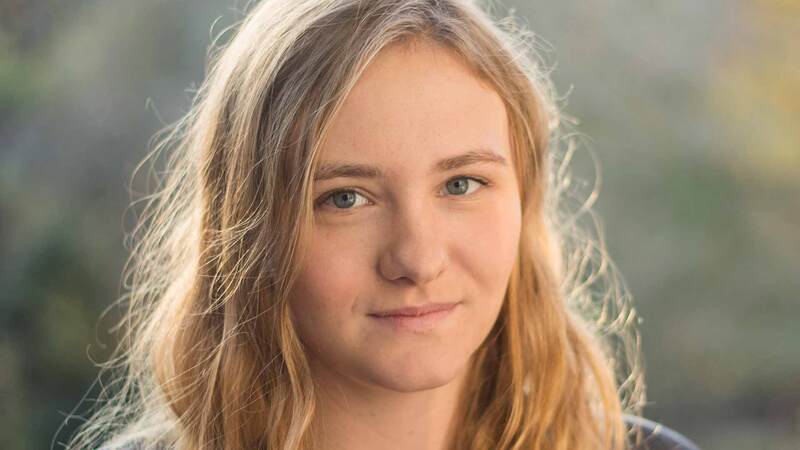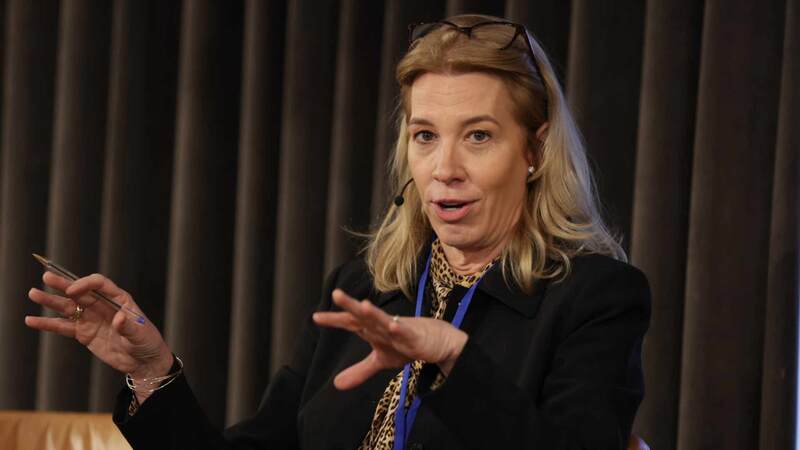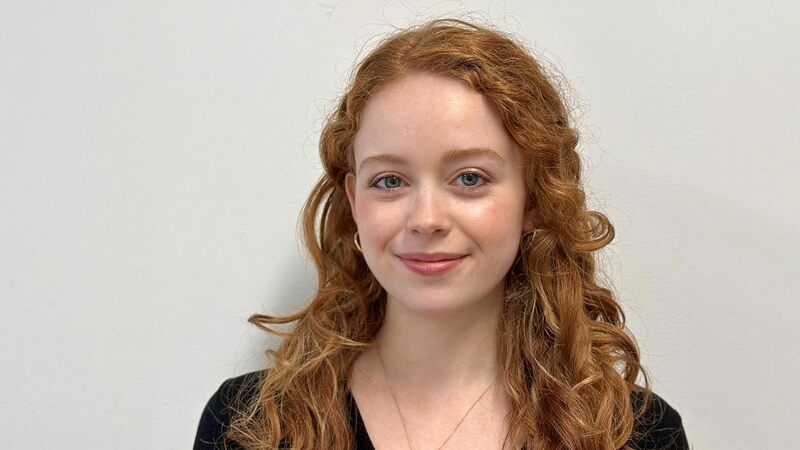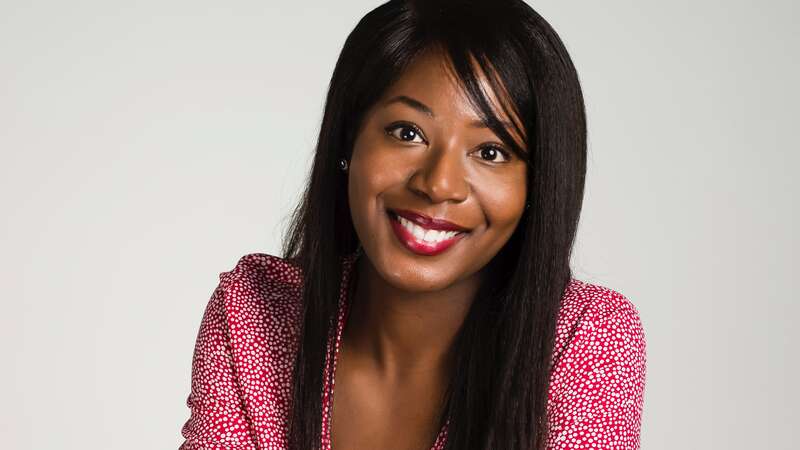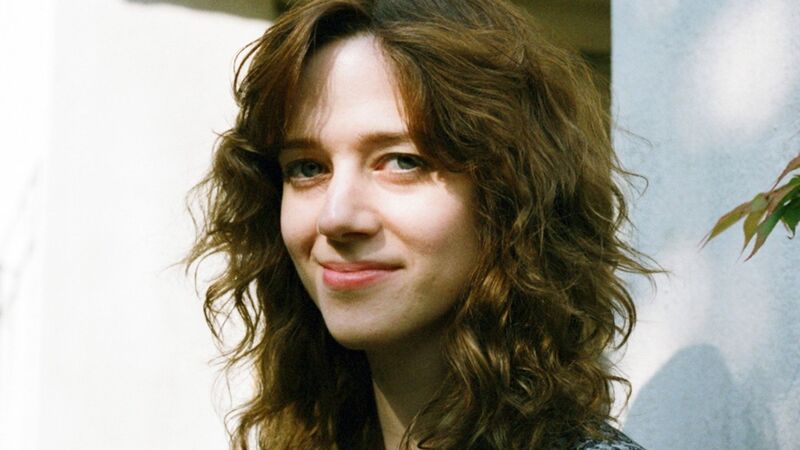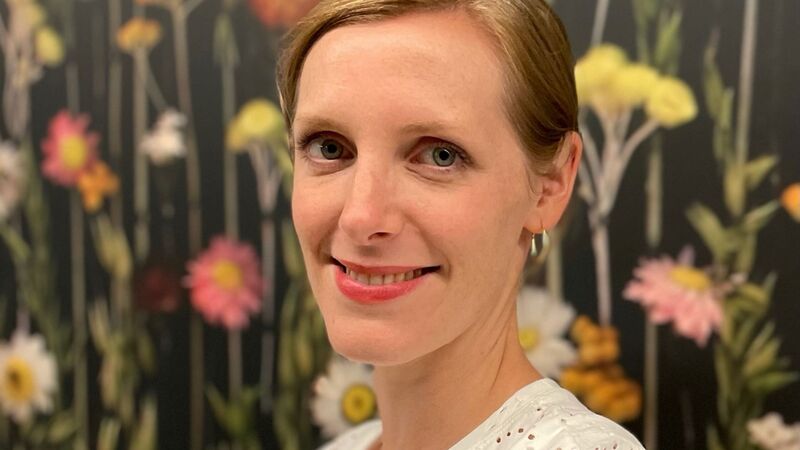You are viewing your 1 free article this month. Login to read more articles.
Yinka, where is your editor? Part 2
Debut author of Yinka Where is Your Huzband, Lizzie Damilola Blackburn, and her editor Katy Loftus at Penguin, dish the dirt on the reality behind the dream of being published.
The thing about me is, I like to visualise. I visualised finishing my manuscript long before typing ‘the end’. I’ve visualised my book behind the front windows of Waterstones. Heck, I’ve even visualised being interviewed by Oprah. So when I landed my two-book deal with Penguin, naturally I imagined meeting the team. The only problem was . . . Covid. Ah, yes, Covid: the heartless, joy-sucking, plans-crushing nuisance. Although shops and restaurants were gradually opening up, everyone was still on edge, including me.
“Would you be alright meeting in person?” Katy asked in her email. I could sense her air of caution. “And are you happy to travel to London?”
Since the first lockdown back in March, I hadn’t left my home bubble, Milton Keynes; but I was desperate to meet the team and to catch-up with my agent. So on the 14 August, I jumped on a very empty train to London to meet a few members of the Viking team at a low-key restaurant in Clapham Common.
When I first saw Katy, I wanted to bundle her in a hug and squeal, ""Thank you for loving Yinka and for making my dreams come true!"" Then my senses kicked in. Oh, yeah. Social distancing. But we were so caught up in the moment, we couldn’t help ourselves. Nor could I help but embrace the rest of her team. Besides, the waitress had checked our temperature at the door and we were all fine.
Before our drinks and fries had even arrived, everyone could not stop gushing over Yinka.
“I liked the part when—”
“And also when Yinka does—”
“And that plot twist. Blindsided.”
It felt wonderfully weird being on this side of the table, hearing such positive feedback from those in the industry. And I remember doing a little happy dance when I slipped away to use the loo. For years I had worked on my novel, engaged in numerous visualisation exercises to keep me going, and here I was, living my dream.
But one of the many things I loved about the meeting that day was seeing first-hand how a white audience reacted to my book: a romantic comedy consisting of a Black majority cast with themes that touch on Black issues. (Katy talks more about this in her column below.) For a long time, there’s been this myth that “Black stories don’t cross over.” In other words, they don’t have wide appeal to a broad audience. But the reality proves that this is not the case. Candice Carty-Williams and Bernadine Evaristo were bestselling authors long before the heightened awareness that came with Black Lives Matter. And do I really need to mention ""Black Panther""?
When I was a teen, I loved watching African American romance movies, ""Love and Basketball"", ""Love Jones"", ""The Best Man"" to name a few. I would lose myself in the story, even go as far as pretend that I was them, which is very easy to do when the characters on the screen look like you. I craved something similar here in the UK but all I saw was gritty dramas depicting Black youths living in inner-city London (which I love by the way, but it doesn’t quite scratch the itch when you want something heartwarming and feel-good).
So when I committed to being a writer, I promised myself that I would write stories that I’ve longed for. Stories where a Black woman can be Cinderella and no one bats an eyelid. And that’s the great thing about Yinka. Yes, she’s a Black British woman but she’s also more than that. She’s a daughter, she’s a friend. A sister, a niece, and her own worst enemy at times. She’s awkward. She’s fallible. She’s human. And I think it is this, the ability to relate to Yinka’s journey to find love and herself, which made Katy and the team fall for Yinka all those weeks ago. Yes, we need more Black stories but this doesn’t mean that they cannot transcend and touch the hearts of many readers.
THE EDITOR: KATY LOFTUS
‘What if she doesn’t like me?’ was the main thought going through my head as I got on the train to meet Lizzie and her agent Nelle.
We’d waited for months, like teenage pen pals, as the book deal was done in peak lockdown. We’d even done one round of edits on the book together. But now, finally, it was the day I got to meet her in person, and I was full of excitement and anxiety.
Would she, like a disappointed date, decide I didn’t live up to my profile, and make an excuse before jumping out the toilet window?
I had on my best outfit – well, an outfit I could fit into, having spent lockdown eating bowls of icing – and I’d had a hair-cut.
So much rides on that first time you meet an author. And to be honest with you this felt even higher stakes than usual. I was very aware of the fact that of the four of us from Penguin, only one was a person of colour, and no-one of Nigerian heritage like Lizzie. Would she feel nervous about that and what that meant for her book?
All of the anxiety went away the second we met. I felt like I was seeing someone I’d known for years, helped no doubt by the fact that we’d already spoken in depth about her edits. (Editing is like fast-forwarding from first date to deep intimacy, all in the space of a few phone calls. More on that in the next column.)
We can all meet in the pages of a good book; love and family and romance are things we all connect to; connect through. So when I and the team met Lizzie and Nelle, we lost ourselves in the pages of Yinka, Where is your Huzband? and it was amazing to see everyone bond over their favourite parts and characters.
Just like a first date, there’s always an undercurrent of assessment in these author meetings. Though instead of ‘do they look like they kill cats’ or ‘could I introduce them to my grandma’, you’re thinking: will this author wow crowds, or are they so dull they’d send a chinchilla to sleep? Thankfully Lizzie was as amazing as her novel.
Also similar to dating, there’s your game face and your real face. Game face stays until at least date 20 in my experience, at the point where you fart loudly by mistake or you discover their secret cat food drawer (they don’t have a cat). But books help you get to real-face pretty darned quickly, as Lizzie proved.
""And what do you think about me touching on colourism?"" she said when we were talking about some of the themes in the book. It was great because it forced us all to talk about the elephant in the room: the fact that she was a Black writer, writing about a Black cast, in a room of mostly white publishers, in an industry still dominated by white stories – particularly on the popular fiction side. Until this year, believe it or not, I had never been sent a romcom with a majority Black cast. That’s not to say those books weren’t out there, but they weren’t seen as ‘mainstream’ by the majority of retailers and publishers. A chicken and egg situation that allowed everyone to blame each another and stymie any meaningful change.
Thankfully, this year has brought change that is and I very much hope will remain meaningful. Editors like me can forcefully say ‘this book is wanted.’ And every book we publish that finds its readers, will reinforce that.
Since opening that conversational door Lizzie has allowed us to have conversations about all kinds of things: finance for authors, her second book idea, more edits… Not all of them straightforward. But I have learned a hell of a lot from her about how to have them. Straight-up. Open. Honest.
Now Lizzie, about your second draft… ;)
